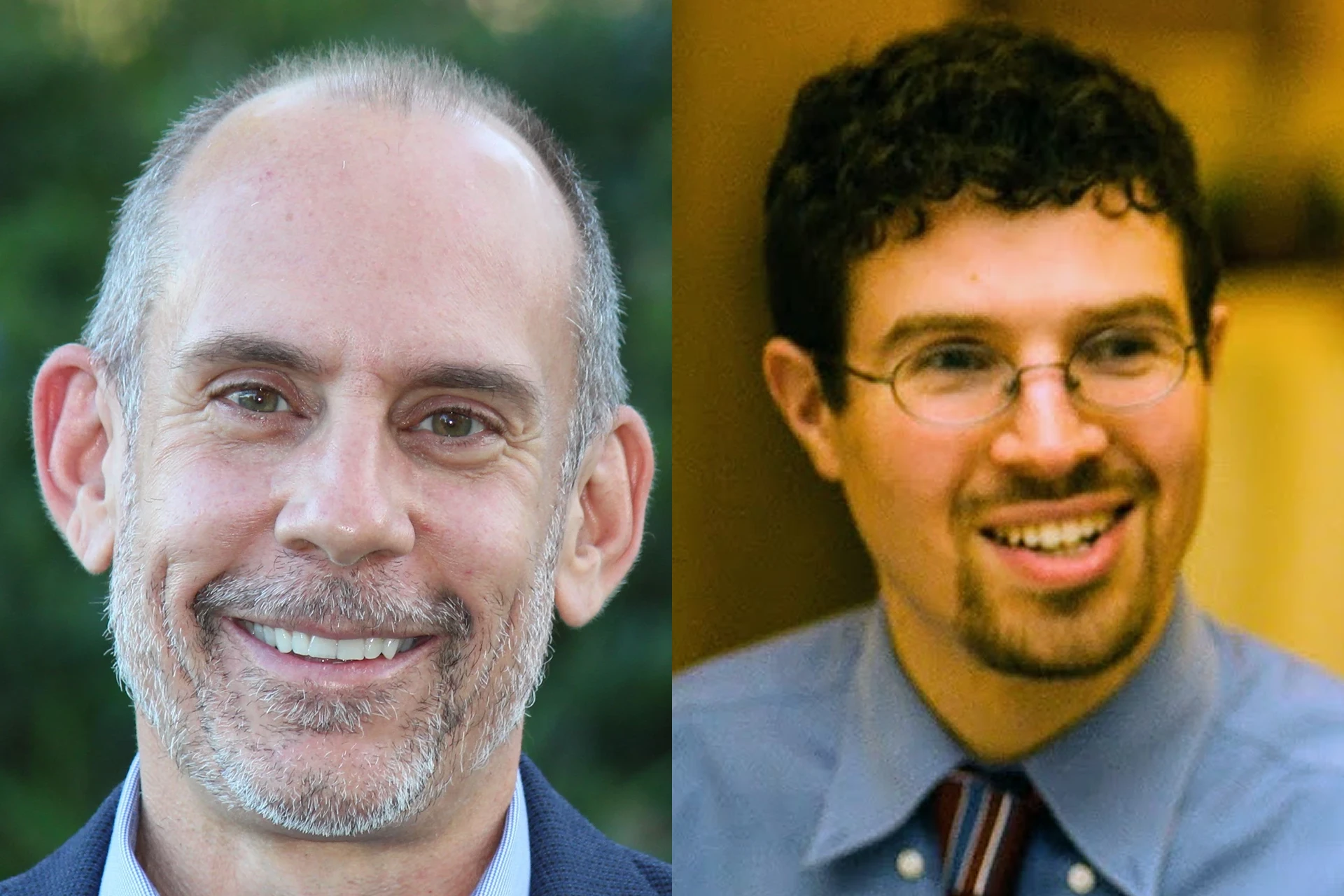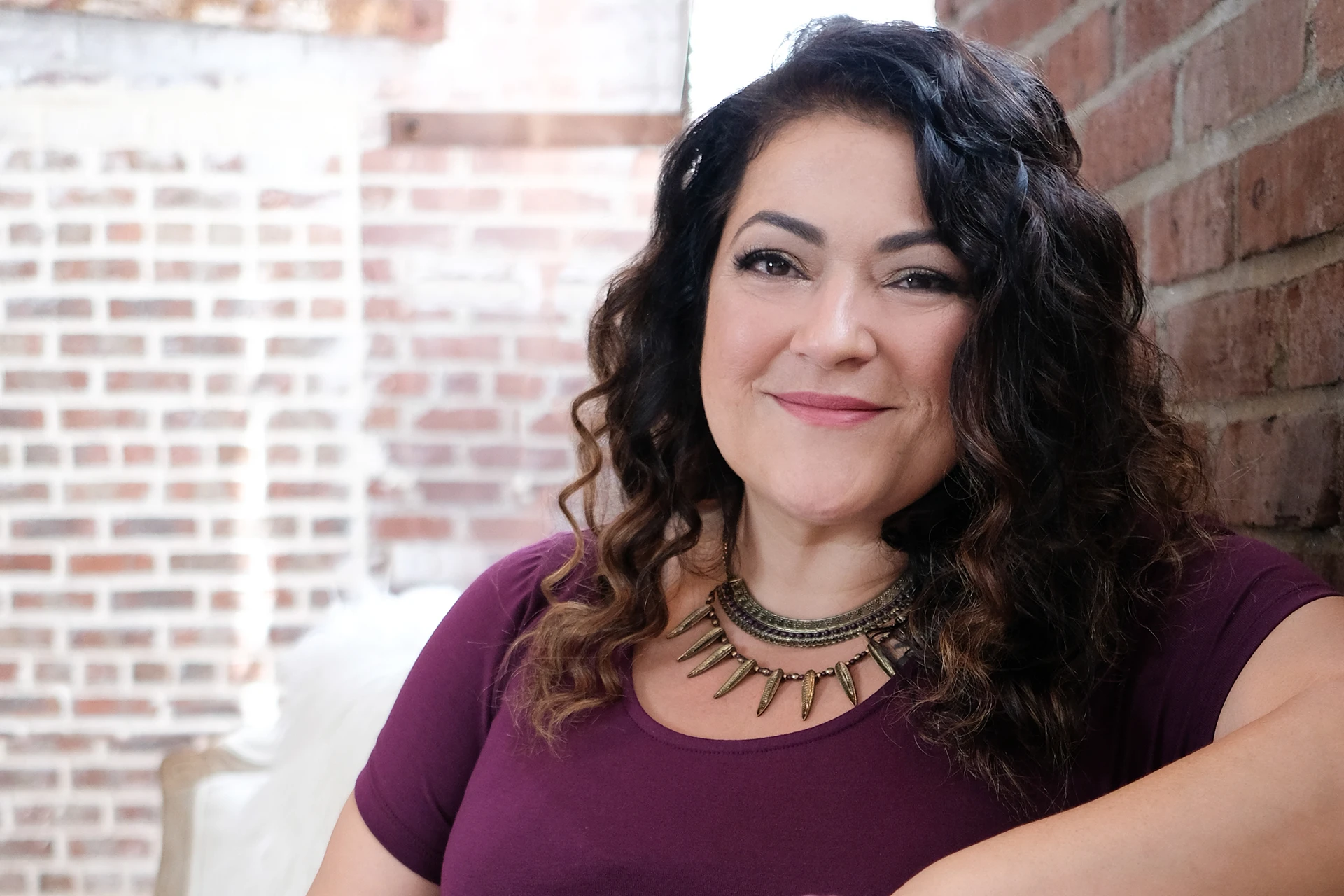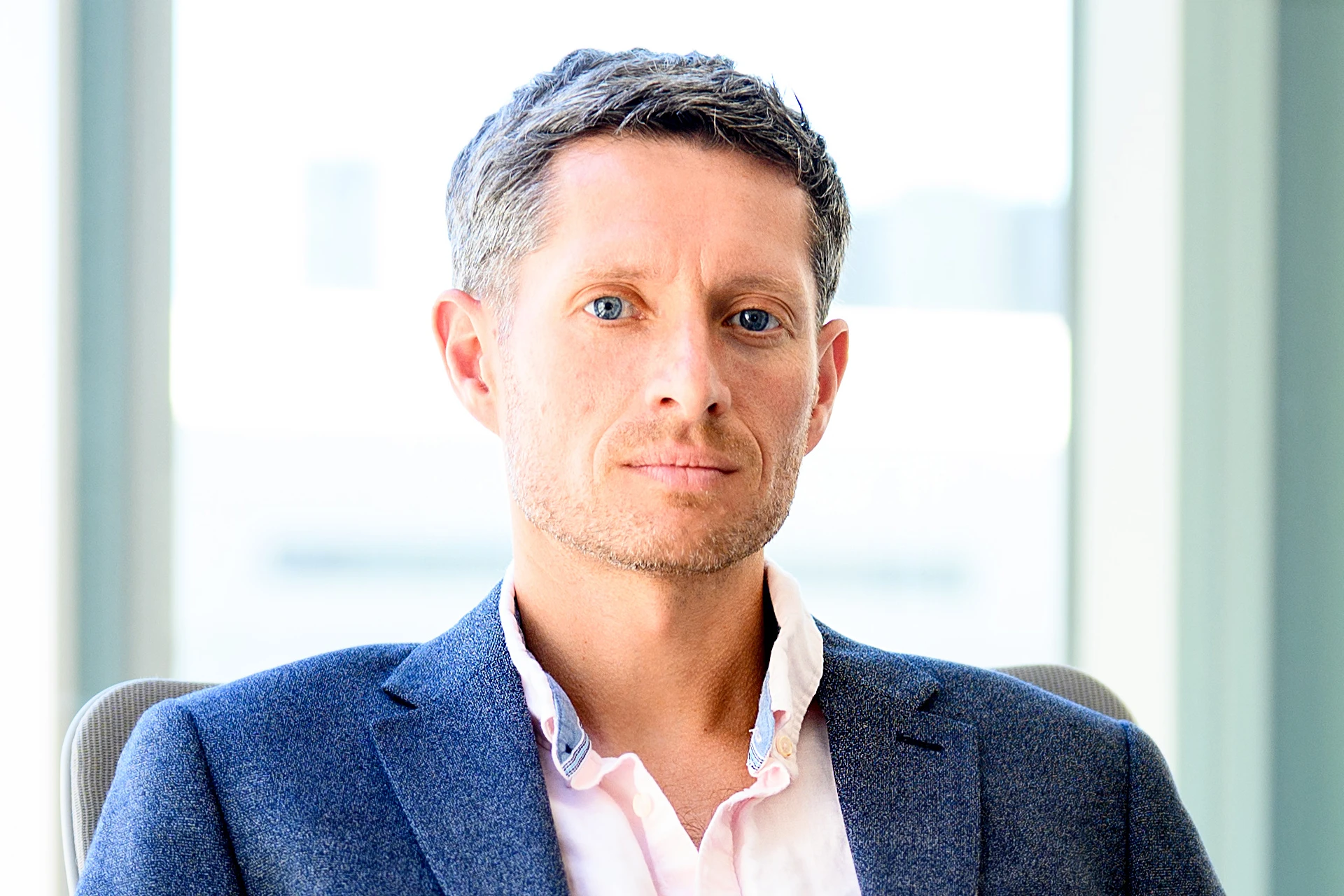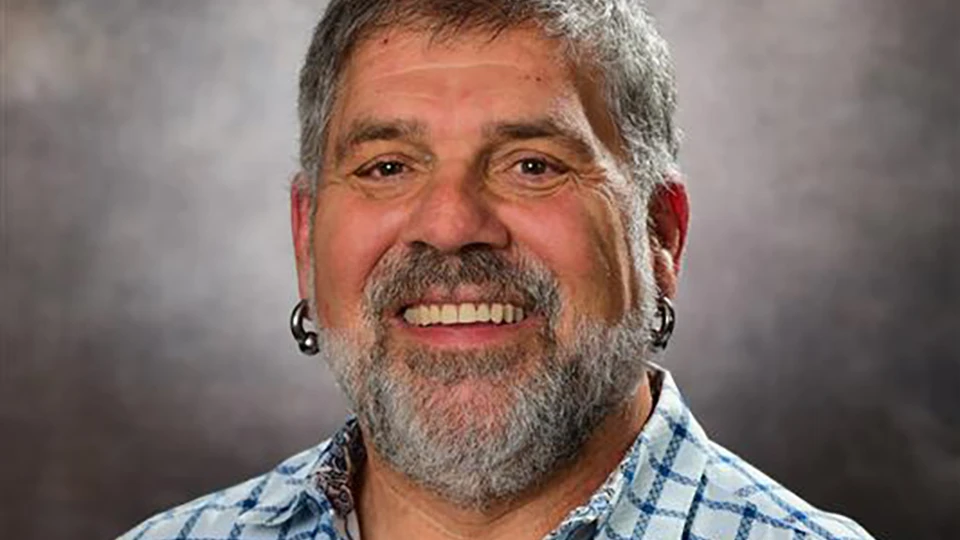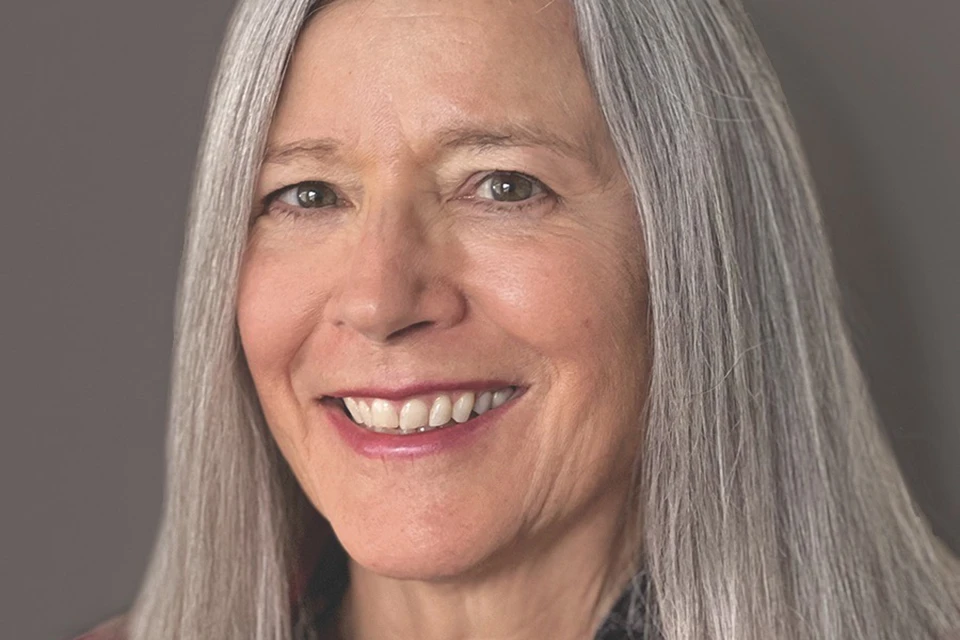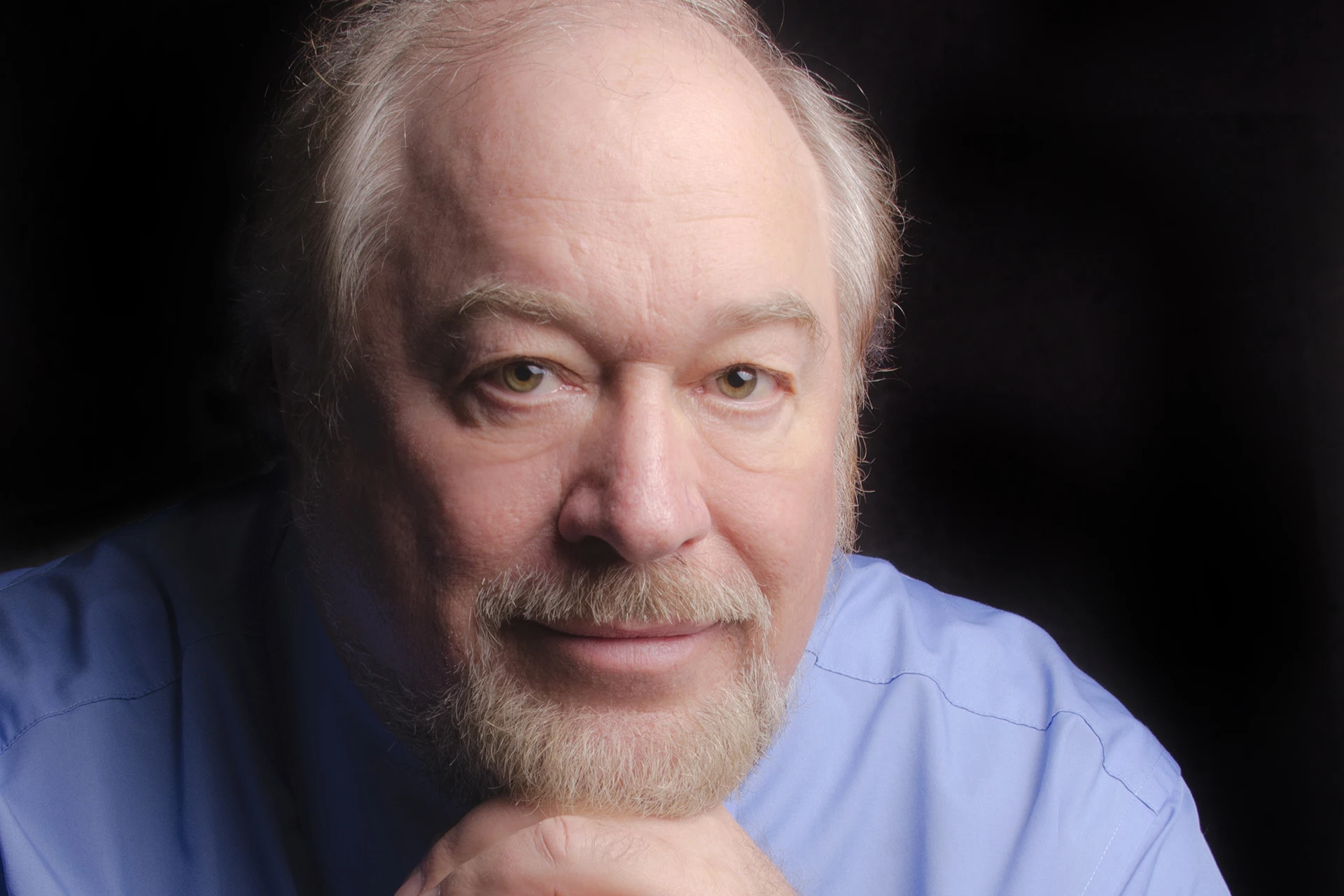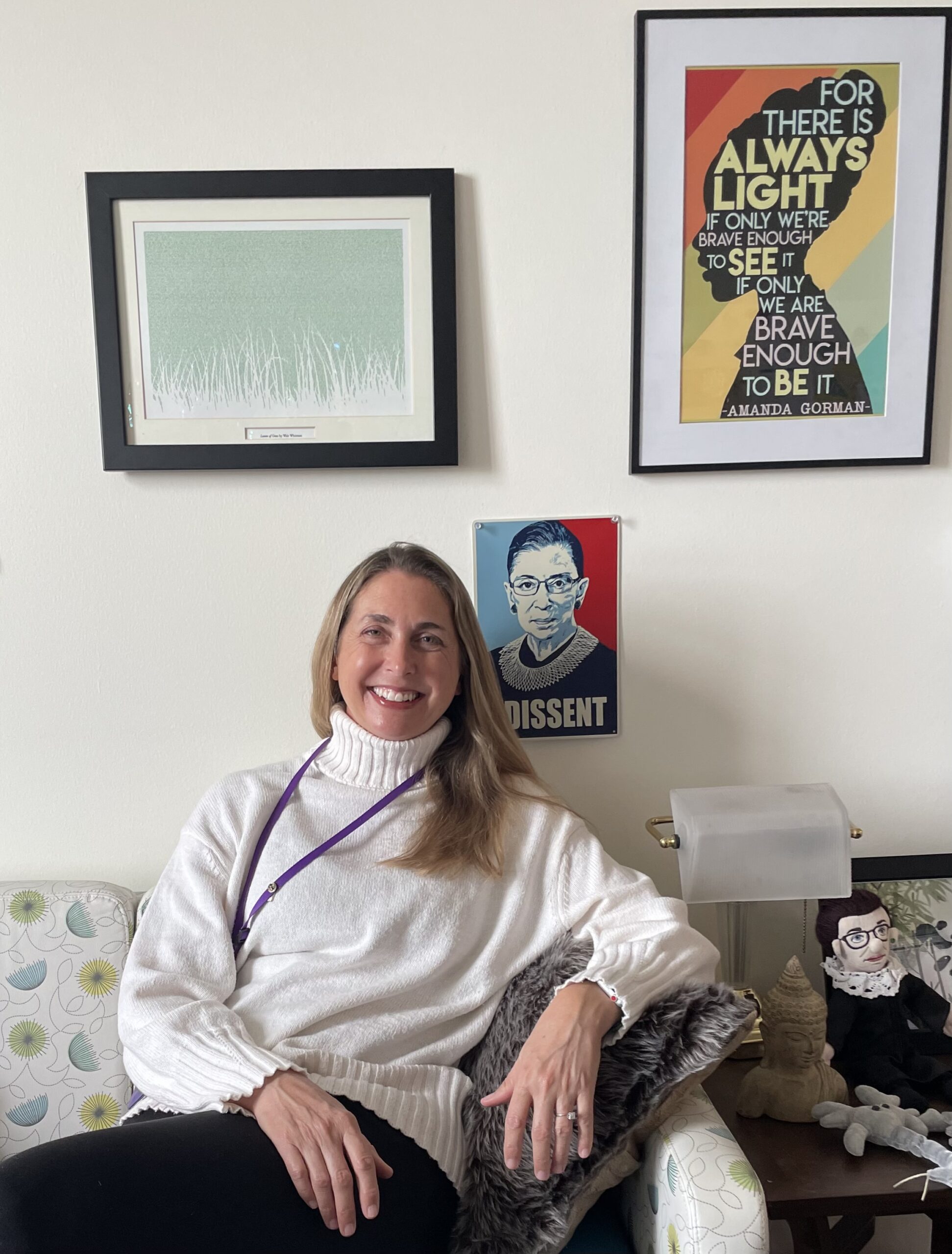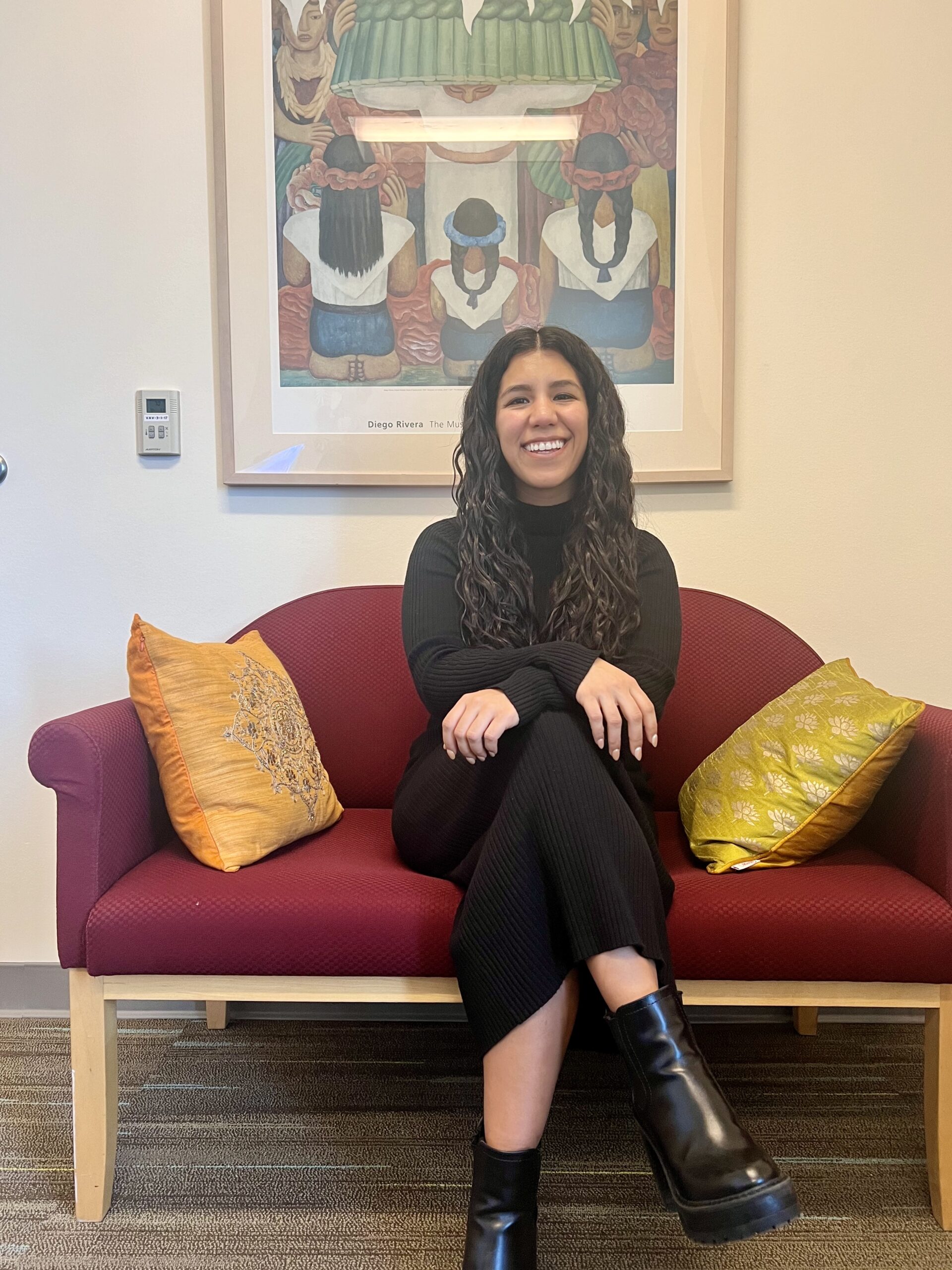Find a program
Looking for what positions are available now?

About us
The Kaiser Permanente Mental Health Training Program provides future-focused, integrative training in a large multidisciplinary healthcare system. Trainees work in a wide range of settings and learn cutting-edge approaches reflecting the latest trends and advances in healthcare.
Meetings and Events

Equity, Inclusion and Diversity
The Kaiser Permanente Mental Health Training Program trains the next generation of healthcare leaders within a large multidisciplinary setting. Our nationally recognized program utilizes innovative, cutting-edge approaches with a highly diverse patient population.
Continuing Education Seminars
Kaiser Permanente Mental Health Training programs offers continuing education seminars intended for internal employees and those involved in the Mental Health Training program. Some of these lectures are recorded and available under the continuing education seminar library.

